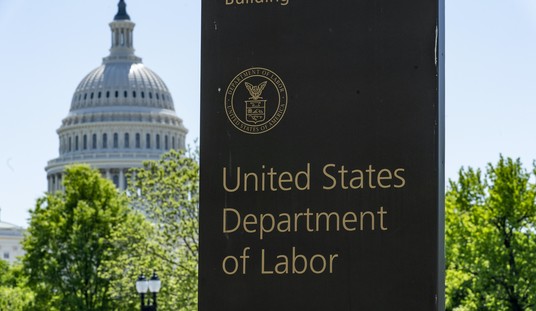Sorry for that. But I read this New Yorker piece about Aaron Swartz (short version: was being prosecuted by the government for illegally downloading JSTOR archives; recently committed suicide), and this is the narrative that I take from it:
Once upon a time there was a very bright, but easily bored boy who spent his entire life not having to do anything that he didn’t want to do, and being encouraged in this by everybody that knew and loved him. The boy became a man with no discipline and no unifying principle to his life; he made a lot of money, but did not know what to do with it; or, indeed, anything at all. So he heedlessly did anything and everything that came to mind, with no thought to completion, or consequences. Eventually the boy did something that was against the law; and then the government – who did not know and love him, and either did not realize that he was still a boy, or did not care – came down upon the man like a ton of bricks. And eventually the boy decided that his life was not worth living, so he ended it.
As the above might suggest, I have a problem with people who commit acts of ‘civil disobedience,’ but don’t want to go to jail for doing it: it makes a mockery of the process. But I don’t think that Swartz was really doing that: I think that he was… the above. He honestly never understood in his gut that actions sometimes have consequences, whether you want them or not. This became a problem when he finally encountered a situation (the government enforcing absurd copyright laws) where the consequences could not be avoided, averted, or minimized. And it turns out that Swartz was woefully (and tragically) unprepared for that eventuality.
And if you think that the above was callous, here’s the next part of it. I have to say: if his family, friends and loved ones are thinking to themselves right now Oh, God, did we contribute to this? my response would be …Yeah, you probably did. They didn’t cause his death: the responsibility for Aaron Swartz’s suicide ultimately is his, and there may have been physiological factors involved. I want to make sure that the distinction is recognized. But, again… actions have consequences; and if somebody is wondering whether their particular action had a particular consequence, perhaps they should at least address the possibility that they’re right to so wonder.
Moe Lane (crosspost)
PS: I am well aware that this post will generate a negative reaction. I’m not here to tell people what I think that they want to hear.
PPS: Yes, modern copyright law is, again, absurd and does not take into account the realities of modern information technology. We need to fix that. We also need to rein in the government’s habit of using high-profile prosecutions as an alternative method of setting policy (and we need to do that in general, not just when it comes to digital copyright issues).














Join the conversation as a VIP Member